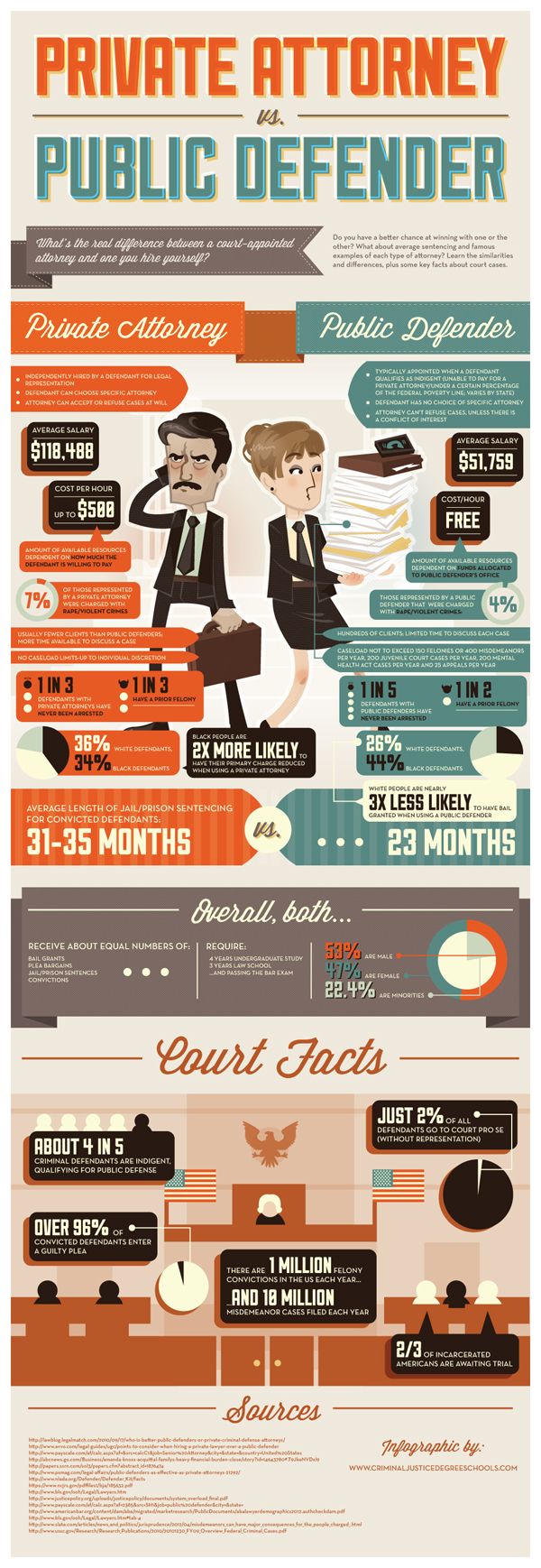Common Myths Concerning Criminal Protection: Debunking Misconceptions
Common Myths Concerning Criminal Protection: Debunking Misconceptions
Blog Article
Authored By-Anker Butt
You've probably listened to the myth that if you're charged with a crime, you must be guilty, or that staying quiet methods you're hiding something. These extensive beliefs not just misshape public understanding yet can likewise influence the end results of lawful process. It's vital to peel back the layers of mistaken belief to recognize the true nature of criminal protection and the rights it safeguards. What happens if you knew that these misconceptions could be dismantling the really structures of justice? Sign up with the conversation and discover exactly how unmasking these myths is vital for making sure fairness in our lawful system.
Misconception: All Accuseds Are Guilty
Often, people mistakenly believe that if a person is charged with a crime, they need to be guilty. You may presume that the legal system is foolproof, but that's much from the fact. Costs can stem from misconceptions, mistaken identifications, or inadequate evidence. It's important to bear in mind that in the eyes of the legislation, you're innocent up until tested guilty.
This anticipation of innocence is the bedrock of the criminal justice system. It guarantees that the burden of proof lies with the prosecution, not you. They need to establish beyond a practical uncertainty that you committed the crime. This high conventional safeguards individuals from wrongful convictions, making certain that no one is punished based upon assumptions or weak proof.
Additionally, being charged doesn't suggest completion of the roadway for you. You have the right to safeguard yourself in court. This is where a proficient defense attorney comes into play. They can test the prosecution's instance, existing counter-evidence, and advocate on your behalf.
The intricacy of lawful procedures often requires experienced navigation to protect your civil liberties and accomplish a reasonable outcome.
Myth: Silence Equals Admission
Several think that if you choose to remain silent when charged of a criminal activity, you're essentially admitting guilt. Nonetheless, this could not be further from the reality. Your right to stay quiet is shielded under the Fifth Amendment to stay clear of self-incrimination. It's a legal secure, not a sign of guilt.
When you're silent, you're really working out a basic right. click now stops you from stating something that could accidentally harm your protection. Remember, in the warm of the moment, it's very easy to get confused or talk wrongly. Law enforcement can analyze your words in ways you really did not mean.
By remaining quiet, you offer your legal representative the very best possibility to protect you properly, without the problem of misinterpreted statements.
Moreover, it's the prosecution's task to show you're guilty past a reasonable uncertainty. Your silence can not be utilized as proof of guilt. As a matter of fact, jurors are instructed not to interpret silence as an admission of guilt.
Misconception: Public Defenders Are Inadequate
The misconception that public protectors are inadequate continues, yet it's important to comprehend their vital function in the justice system. Lots of believe that due to the fact that public defenders are often strained with situations, they can not provide high quality protection. Nonetheless, this forgets the depth of their devotion and experience.
Public defenders are fully certified lawyers who have actually picked to concentrate on criminal law. mouse click the up coming webpage 're as certified as private lawyers and commonly much more experienced in trial job as a result of the volume of instances they handle. You could assume they're much less inspired because they don't pick their clients, yet actually, they're deeply committed to the perfects of justice and equal rights.
It's important to bear in mind that all attorneys, whether public or personal, face difficulties and restraints. Public protectors typically collaborate with less resources and under more pressure. Yet, they regularly demonstrate durability and creative thinking in their protection techniques.
Their role isn't simply a task; it's an objective to ensure that everyone, regardless of earnings, obtains a fair trial.
Conclusion
You may think if somebody's charged, they need to be guilty, yet that's not just how our system functions. Selecting to remain silent doesn't imply you're confessing anything; it's just clever self-defense. And do not underestimate public defenders; they're dedicated professionals dedicated to justice. Bear in mind, everyone is worthy of a reasonable trial and proficient depiction-- these are basic civil liberties. Let's lose these myths and see the lawful system wherefore it truly is: a place where justice is looked for, not just punishment dispensed.
